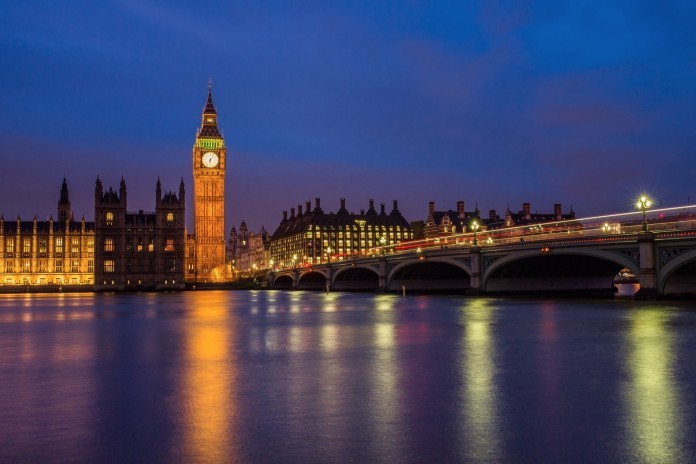Britanci so sprejeli nenavadno pravilo, po katerem bo od 1. maja 2016 v vsaki pogodbi za državno (so)financiranje raziskovalnih in drugih projektov tudi člen, ki dobitniku sredstev prepoveduje lobiranje pri državnih organih. Tule je kratka pojasnitev ukrepa v sporočilu za javnost:
A new clause to be inserted into all new and renewed grant agreements will make sure that taxpayer funds are spent on improving people’s lives and good causes, rather than lobbying for new regulation or using taxpayers’ money to lobby for more government funding. It will not prevent organisations from using their own privately-raised funds to campaign as they see fit. This will ensure that freedom of speech is protected, whilst stopping taxpayers’ money being diverted away from good causes. (Government announces new clause to be inserted into grant agreements – Press releases – GOV.UK)
Kaj natančno to novo določilo pomeni za znanost, še ni povsem jasno. Ker dognanja in stališča znanstvenikov oblasti niso vedno všeč, se raziskovalci upravičeno bojijo, da gre lahko za nov birokratski mehanizem, ki bi stroki v bodoče preprečeval, da pride do besede.
“This is extremely worrying,” says Cambridge zoologist Professor William Sutherland. “The government already has a bad track record for not following good scientific advice. Its moves over badger-culling and over the way it has tackled flooding in the Somerset levels are examples of the poor decisions it has made. If they go ahead with this new anti-lobbying clause – and they are leaving it very late if they are not going ahead – then we will have many more poor decisions being made by government for the simple reason that it will have starved itself of proper scientific advice.”
This point was backed by Fiona Fox, head of the Science Media Centre. “Politicians don’t have to agree with scientists, but does anyone believe we will make better decisions without hearing what the evidence says on flooding, climate change, statins and e-cigarettes?” she asked.
“The anti-lobbying clause will send some of our best researchers back to the relative safety of the laboratory and away from the media fray they already fear. That will be a victory for ignorance and a blow for the evidence-based policy that our politicians claim to want.”
“This whole process has been very worrying – unnecessarily so as well,” says Sir Martin Rees, the astronomer royal “And I think there will be a legacy. Young scientists who are just getting their first grants will be seriously concerned that their views and opinions are not going to be welcomed by government. This is not going to encourage them to speak out in future.”
(Britain’s scientists must not be gagged | Opinion | The Guardian)
Zbirajo se tudi že podpisi, da bi znanost izvzeli iz določil, ki prepovedujejo lobiranje:
The Cabinet Office has announced that a new ‘anti-lobbying’ clause will be included in all Government grants from May 2016. This is an attack on academic freedom as it would stop grants for university research being used to influence policy-makers. It is bad for the public interest and democracy. … The Government should ensure that grants from the higher education funding councils and research councils to support research are exempt from this new clause. (Exempt grants for academic research from new ‘anti-lobbying’ regulation – Petitions)








